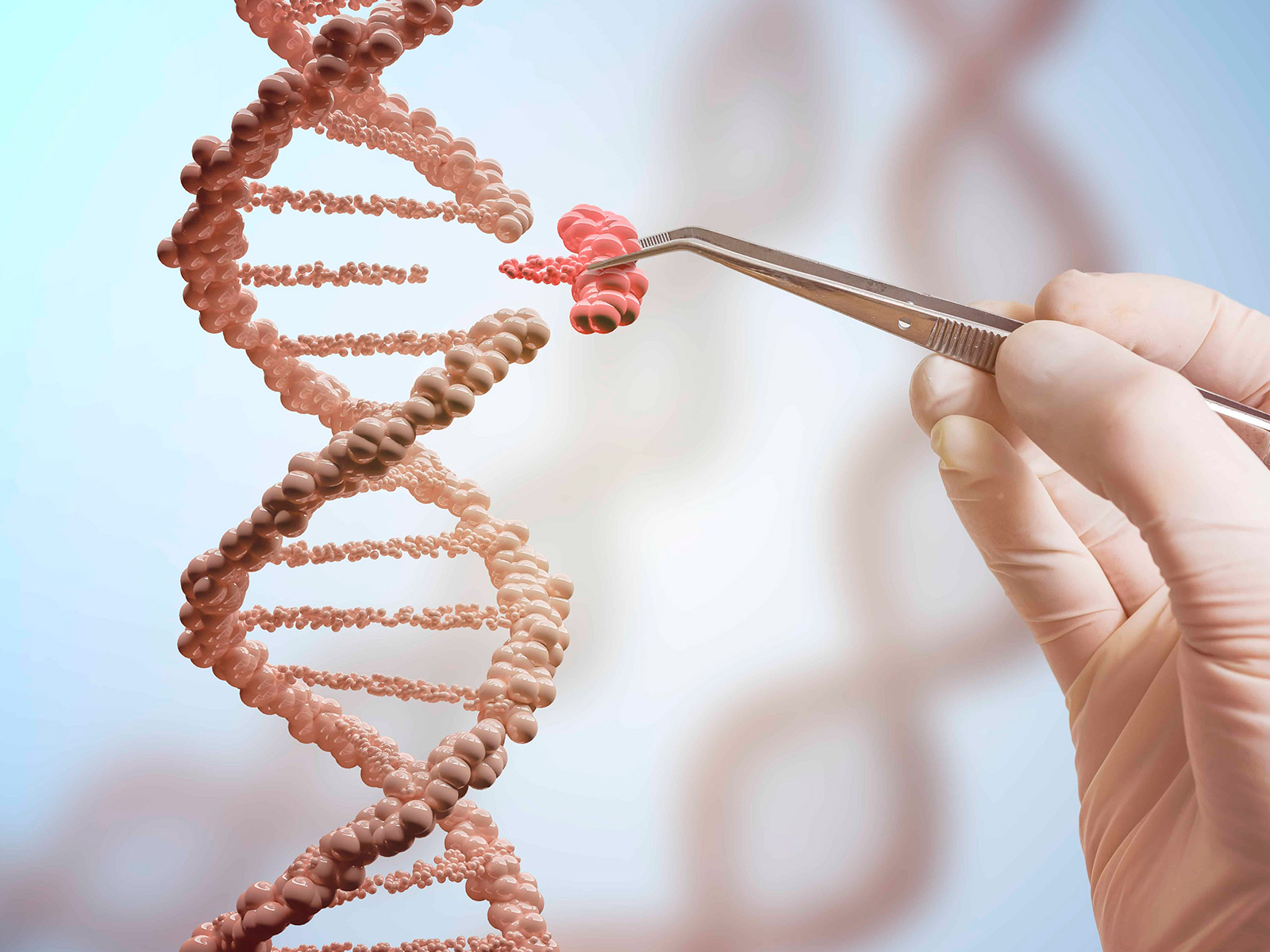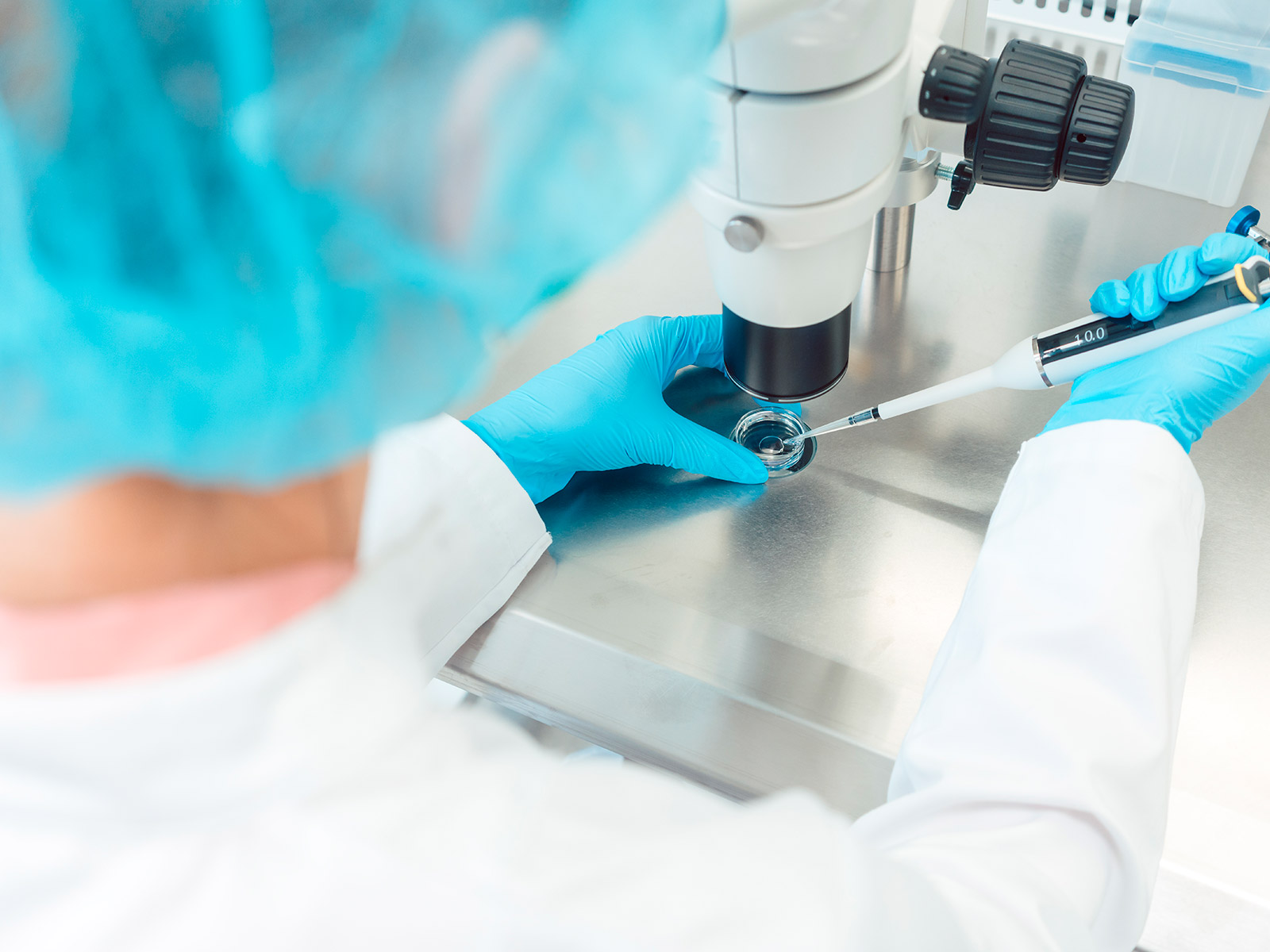Preimplantation Genetic Test (PGT)
PGT is a valuable technique to prevent an eventual transmission of inherited genetic alterations. With this test, we ensure a healthy offspring, ending the transmission of the disease to future generations.
PGT is a valuable technique to prevent an eventual transmission of inherited genetic alterations.

What is the Preimplantation Genetic Test (PGT)?
The PGT, Preimplantation Genetic Test (former Preimplantation Genetic Diagnosis), is a consolidated technique that allows preventing the transmission of numerous genetic diseases from parents to children. It is performed within the framework of an in vitro fertilization cycle, and allows the detection of an affected embryo by some type of genetic disease before being transferred to the mother’s womb.
In which cases is PGT indicated?
Both the PGT-M, for monogenic diseases detection, and the PGT-SR to detect structural alterations, are advanced techniques to detect an alteration or mutation of a specific gene (PGT-M) or a chromosomal structure alteration (PGT-SR), since in both cases these alterations would cause a disease to the future baby.
In order to transfer a healthy embryo and deliver a healthy baby, the PGT is indicated in several cases:


PGT step by step
In any of the procedures of each one of PGT typologies (PGT-A, PGT-M, PGT-SR), the blastocyst biopsy process is the same.
On the other hand, the time needed to obtain the test results or specific couple analysis, are different in each case.
A consolidated technique that allows preventing the transmission of numerous genetic diseases from parents to children.


